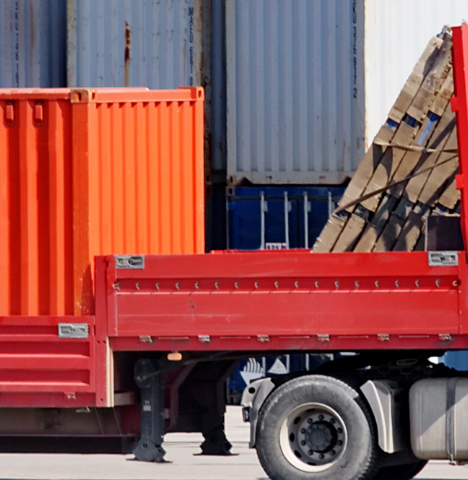Since the beginning of the corona pandemic, the situation in logistics has changed massively: Airlines had to reduce their capacities significantly, while prices rose at the same time. The costs for sea transport are also much higher today than before the crisis and consignees are waiting longer: lead times from Asia, for example, have more than doubled on average. Reliability has also suffered: currently hardly any ships arrive at the port on time. An unprecedented container shortage and, most recently, the Ever Given disaster are exacerbating the problems.
Companies are investing a lot to maintain delivery reliability. Four trends are emerging: regionalisation of supply chains, building larger security warehouses, flexibility in the choice of means of transport and digitalisation.
Regional supply chains for stable supply
Many companies have started to diversify their supply chains, specifically looking for suppliers from their own region. The goal is not so much to replace previous partners, but to reduce dependence on one supplier or region and increase stability in this way.
Security is also the top priority when it comes to stocks: Numerous companies have expanded them – not always of their own accord. “In the automotive industry, we often see manufacturers requiring their suppliers to increase stock levels in order to be able to deliver at all times,” says Paul Zahn, Principal at INVERTO and an expert on the automotive sector.
Flexible choice of transport
“In the past, we relied mainly on air freight for intercontinental transport in order to tie up little capital by delivering as quickly as possible. Today we work with a matrix, put all the variables in relation to each other and derive the appropriate means of transport,” explains Henning Körner, Global Strategic Buyer Supply Chain Management at OIympus Corporation. Many companies are now acting like the manufacturer of high-quality medical technology and scientific products. Top priority here, too: Reliability.
In order to keep an eye on supply risks, many companies invested in digital monitoring of their supply chains after the Corona shock last spring. So far, however, software solutions have only been used selectively. The continuous networking of the entire supply chain all the way to the customer will be the main task in the coming years – in order to know at all times how the stability of the supply chain is doing.


